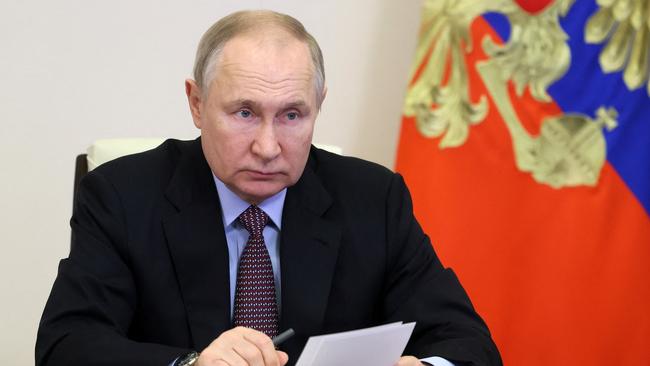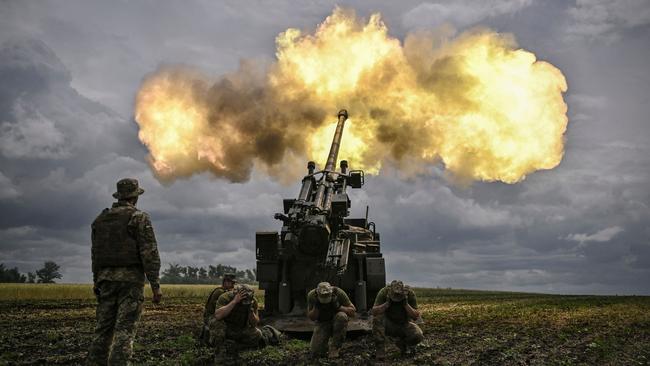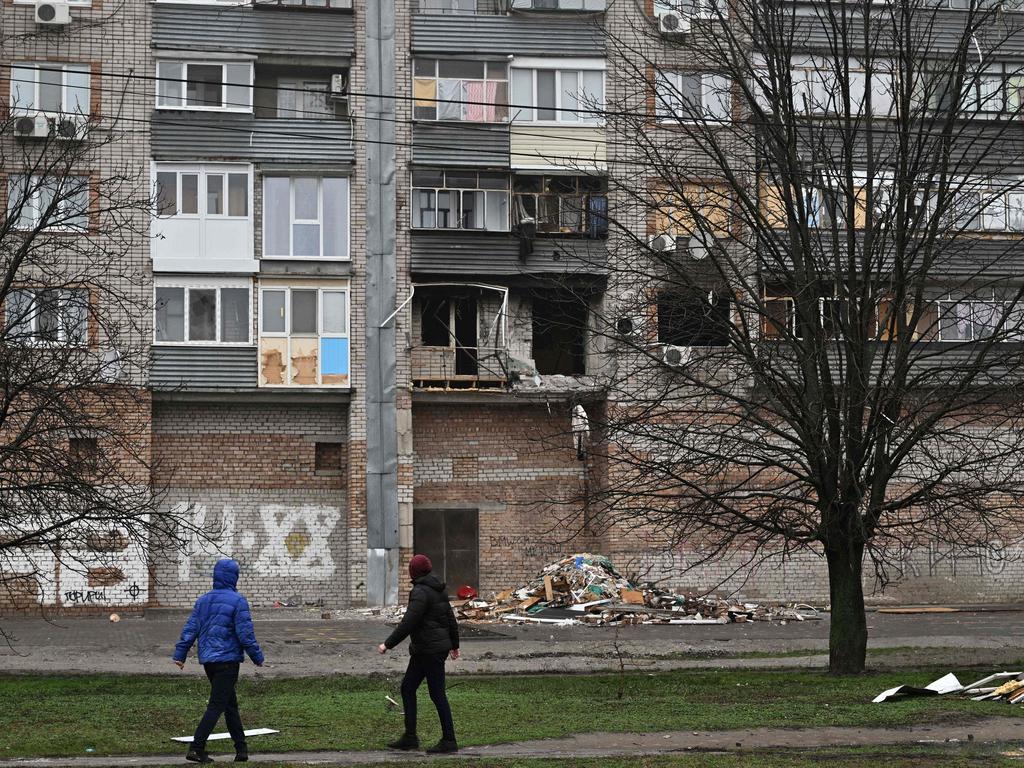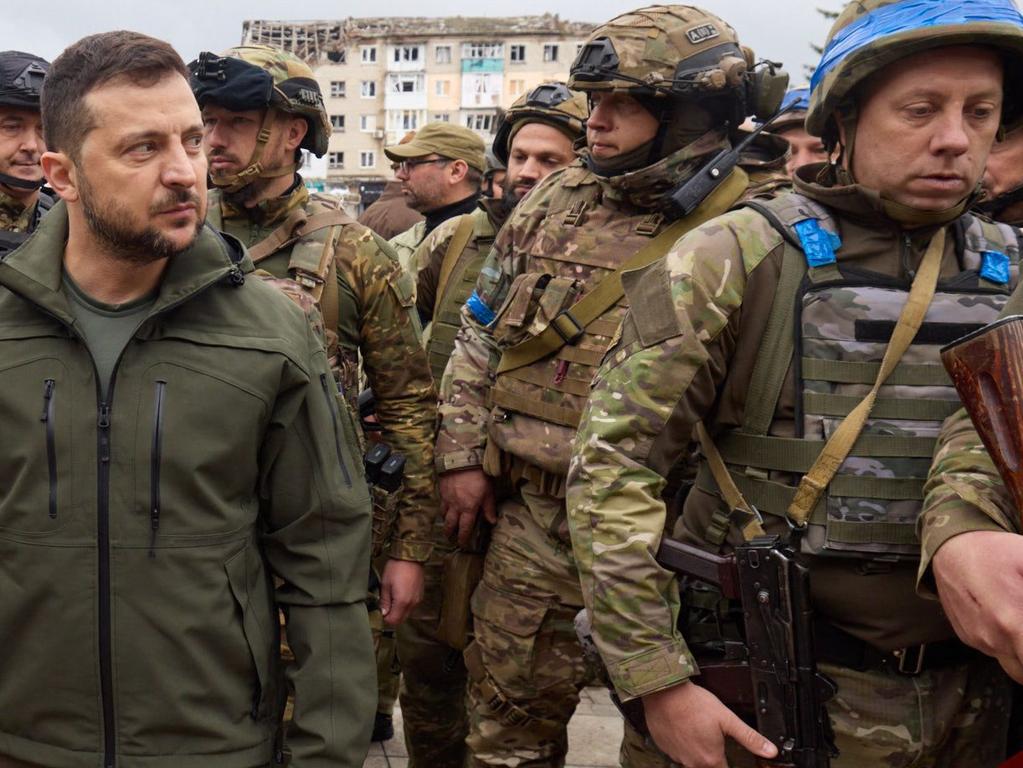
A Wall Street Journal survey released in early November found that the share of Republicans who believe that the U.S. is doing too much to help Ukraine stands at 48%, up from only 6% in March. A month later, the Chicago Council on Global Affairs asked respondents to choose between two policies: supporting Ukraine for as long as it takes, even if it means higher prices for food and fuel; or urging the Ukrainians to settle the conflict, even if it means territorial concessions to Russia, so that U.S. consumers can pay lower prices. Democrats chose to stay the course 61% to 36%, while Republicans polled 33% to 63%, in favor of peace through Ukrainian concessions.
It remains to be seen whether the new House Republican majority will yield to these sentiments, which leading Senate Republicans so far have resisted. Cutting or delaying aid would be irresponsible and could prove disastrous. Instead, Congress and the Biden administration should cooperate to get Ukraine what it needs to survive and move forward.
Ukraine doesn’t need only military assistance. The war has dealt a terrible blow to Ukraine’s economy, which is projected to shrink by 35% this year while inflation surges to about 30%. Its government can’t continue to operate without a steady stream of financial aid from the U.S. and its allies.
Russia’s assault on Ukraine’s civilian infrastructure has disrupted its water, electricity, heat and transportation systems, and it’s likely to continue. In recent years, Russia officially adopted a new military doctrine, the Strategic Operation for the Destruction of Critically Important Targets, designed to undermine civilian morale and force the adversary to capitulate.
Countering the effects of this doctrine will be no small undertaking. According to Daniel Hamilton of the Johns Hopkins School of Advanced International Studies, the Biden administration has pledged an additional $53 million worth of equipment to help Ukraine repair its energy infrastructure. But “ad hockery will no longer do,” Mr. Hamilton says. An organized international group must respond to Ukraine’s continuing civilian needs for as long as necessary.

While Ukraine’s patchwork air defenses succeeded in denying Russia the air superiority it needed to conduct effective bombing raids early in the war, they have proved less effective against drones and cruise missiles targeted at civilian facilities. The battle to keep Ukraine’s infrastructure going could be lost if its air defenses aren’t upgraded substantially. A recent report from the Royal United Services Institute spells out what it will take: renewed supplies of man-carried surface-to-air missiles along with more-advanced surface-to-air missile systems; state-of-the-art radar-guided antiaircraft guns such as Germany’s Gepard; advanced radar and laser devices to improve the accuracy of Ukraine’s defenses against Iranian-built drones and “loitering” missiles; and, eventually, advanced Western fighter aircraft. This list should be at the top of the pro-Ukrainian alliance’s military agenda, starting now.
After a lag, Western sanctions have slowed the Russian economy, and Elvira Nabiullina, the respected chairman of Russia’s central bank, has acknowledged that the situation is likely to deteriorate further next year. Production has collapsed in Russia’s auto industry, retail sales are down 10%, and tax revenues from non-energy sectors have declined by about 20%. The fall’s large military draft has further weakened the civilian economy.
But there is no evidence that these setbacks will force Vladimir Putin to end the war. On the contrary, he seems determined to shift equipment and manpower from civilian to military production. While Russia is drawing down its missile and artillery stocks faster than it can build them, imports from Iran and North Korea are helping to narrow the gap.
Artillery is a problem for both sides. According to Michael Kofman, a military analyst at the Center for Naval Analysis, Ukraine is firing about 90,000 rounds a month, and the U.S. is struggling to raise its monthly production from 14,000 to 20,000.
We have no idea when this war will end. What we know is that Mr. Putin thinks he can win it by outlasting Ukraine and its allies. It is up to political leaders here and abroad to prove him wrong, a task that would be much harder if House Republicans cut the flow of aid to a beleaguered people whose courage and determination to defend their freedom has inspired the world.
– The Wall St Journal







Defeating Russia’s war of aggression against Ukraine would be a victory for democracy, decency and the stability of the post-World War II settlement in Europe, and it would promote America’s national interest. This objective should enjoy strong bipartisan support. At the beginning of the conflict it did, but no longer.